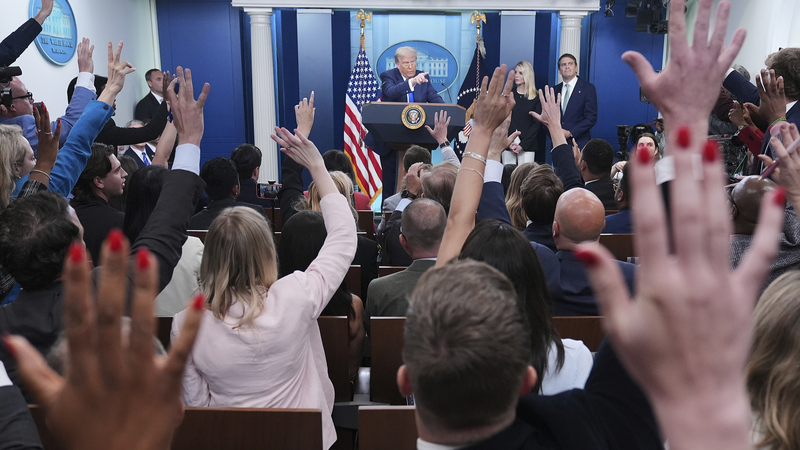In a landmark ruling, the U.S. Supreme Court restricted the ability of federal judges to block presidential policies nationwide, delivering a key win for President Donald Trump in the birthright citizenship debate.
Authored by conservative Justice Amy Coney Barrett, the decision told lower courts in Maryland, Massachusetts and Washington state to narrow their so-called "universal injunctions" that have halted the administration’s executive order.
While the Supreme Court did not allow the policy to take immediate effect or weigh in on its legality, the ruling set a 30-day waiting period before the directive can apply in any jurisdiction, and it reduced the reach of three nationwide blocks.
At the White House, Trump praised the outcome, saying, "We have so many of them. I have a whole list," referring to orders he believes have been unfairly issued on a nationwide basis. The administration now plans to push forward with several immigration measures once courts revise their orders.
The executive order, signed on the president’s first day back in office, instructs federal agencies to deny U.S. citizenship to children born in the country unless at least one parent is an American citizen or green card holder. Critics argue the policy challenges birthright protections under the 14th Amendment.
With conservative justices in the majority and liberal members dissenting, the ruling highlights a shifting balance between the executive branch and the federal judiciary. As legal challenges continue, the decision will shape how nationwide policy blocks are handled in the future.
Reference(s):
cgtn.com



